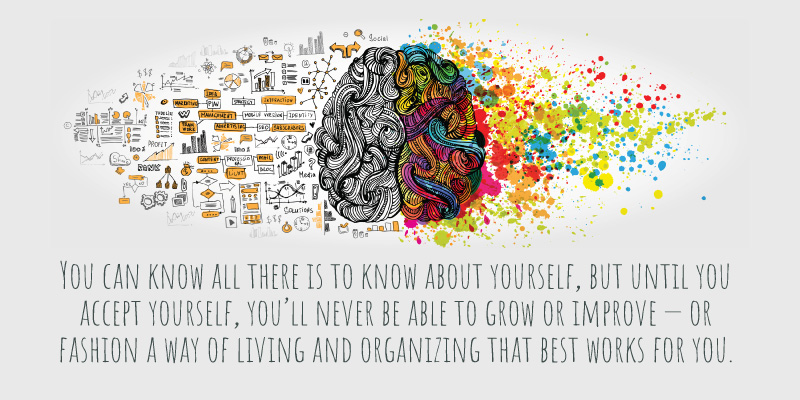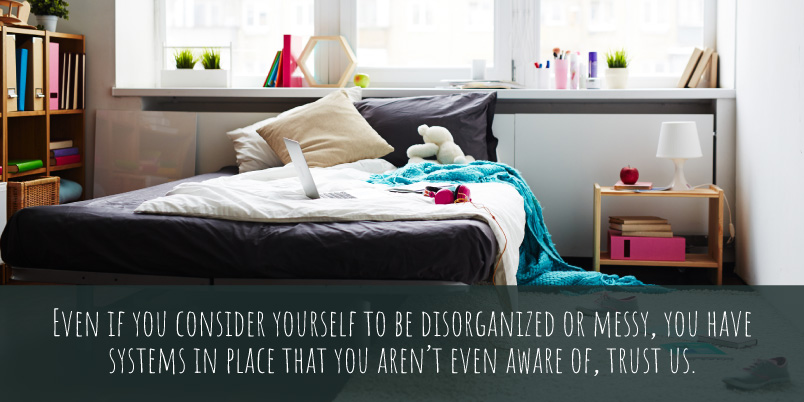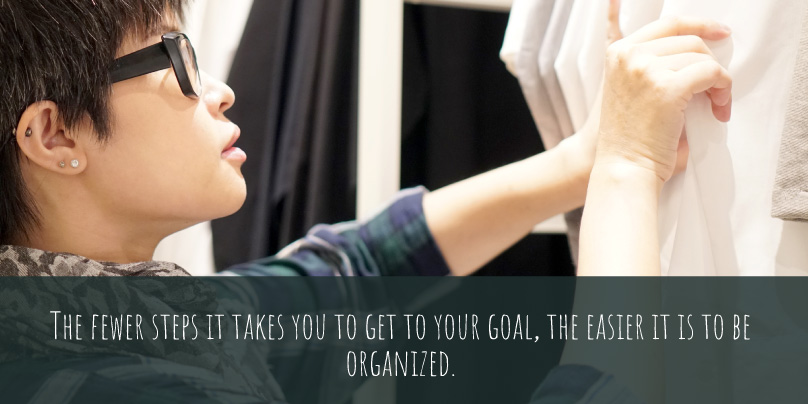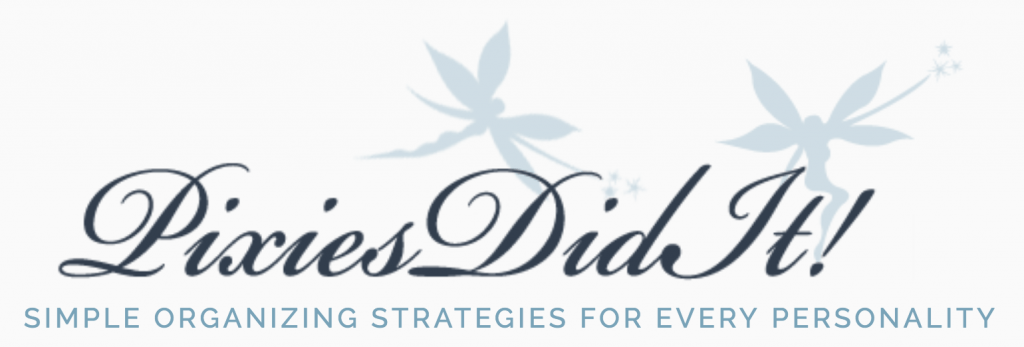Applying the Pixie Principles to Your Home: A How To Guide
If you’ve read our book, you know all about the Pixie Principles. No, they aren’t the same as the Pixie Personality Types that we discuss a bit later in the book. But they are just as important. The Pixie Principles are basic rules to follow as you prepare to get organized however you are best meant to, depending on your Pixie Type.
What Are the Pixie Principles?
The Pixie Principles are a set of guidelines that we created as an offering of distilled advice on how to stay organized — no matter WHAT your type is, if you follow these simple rules, you’ll stay on a straightforward path to getting organized.

- Know and accept who you are: Easier said than done, right? By a long shot. But this rule is the first one for good reason — you really do need to be familiar with who you are and accept that. In order to become more organized, you have to know the way you do things. You have to be completely familiar with your methods and lifestyle habits. The second part of this is acceptance. You can know all there is to know about yourself, but until you accept yourself, you’ll never be able to grow or improve — or fashion a way of living and organizing that best works for you. And that is basically the crux of our message as professional organizers: know thyself and arm yourself with that knowledge. Only then will you be able to figure out how someone like you best gets organized! Take our quiz and find out which Type best matches who YOU are. This will create your roadmap to organizing your home.
- Purge it your way: This is essential, because the majority of people really struggle with this aspect of organizing the most. Perhaps it’s because they grew up with less and are afraid of not having ‘enough’, or perhaps it’s because they find it difficult to let go of sentimental items, but this is by far one of the most important aspects of maintaining organization, and the trickiest to help folks navigate.

- Formalize your natural organizational tendencies: You might think you don’t have systems or a system for staying organized, but even if you consider yourself to be disorganized or messy, you have systems in place that you aren’t even aware of, trust us. As long as you know where things are, can retrieve them easily, and maintain that system, you’re organized — doesn’t matter if you feel like you’re all over the place or not! What we do as professional organizers is to take the systems you have in place and make them even better and easier to follow — based on who you are and how you already organize things. We aren’t here to reinvent the wheel. We’re here to turn your wheel into the best wheel possible for you.
- It’s all about retrieval: This is the golden rule of the Pixie Principles. As our book says, “being organized means you can easily find things.” BOOM. Because easy retrieval means less steps to retrieve, less work, less trouble, less TIME. Retrieval and reducing steps to completion of something are absolutely key components to staying organized.
- Reduce organization procedures to as close to one step as possible: Keep the steps it takes to achieve or complete something as close to ONE as possible. In our book, we talk about Mr. Rogers and how he took off his coat, put on his sweater, took off his shoes and put on his slippers, but instead of it taking three steps, it took him seven or eight. Remember? Well, the fewer steps it takes you to get to your goal, the easier it is to be organized. For example, if you keep all of your pans stacked in a pull-out drawer in the kitchen, and all of your lids stacked in the pull-out drawer above the pans, all you have to do is open two drawers to find what you want, as opposed to sifting through cubbies or shelves and doing the ‘reach back’ in order to get whatever pan or top you were looking for (but couldn’t see because you didn’t have the pull-out drawers!) — do you catch our drift?

- Proudly use unconventional organizational solutions if they work for you: Our favorite story is about a famous businessman who wrote his To Do list on his hand. When caught on national TV for doing this, he simply stated: “Oh. That’s how I remember things if I don’t have a notebook on me.” Whatever works, folks. No Shame, No Blame — if it helps keep you organized, do it, and do it unapologetically!
- Accept that there isn’t one best organizational solution to every problem: We recognize that there will never be one, single, superior way to organize your living or working space and that the best way to organize is the way that best works for each individual. Our motto is “Life Should Be Easy” for a reason — we truly believe it! There is absolutely no reason whatsoever that a Smart Freedom should be using a filing cabinet — unless it’s for decorative purposes. But if the filing cabinet helps that Smart Freedom stay organized, (we doubt it, and you’ll see why when you read our book) we encourage that person to use it! There is always another, alternate solution to any organizational problem. And that’s what we are here to share with you.
